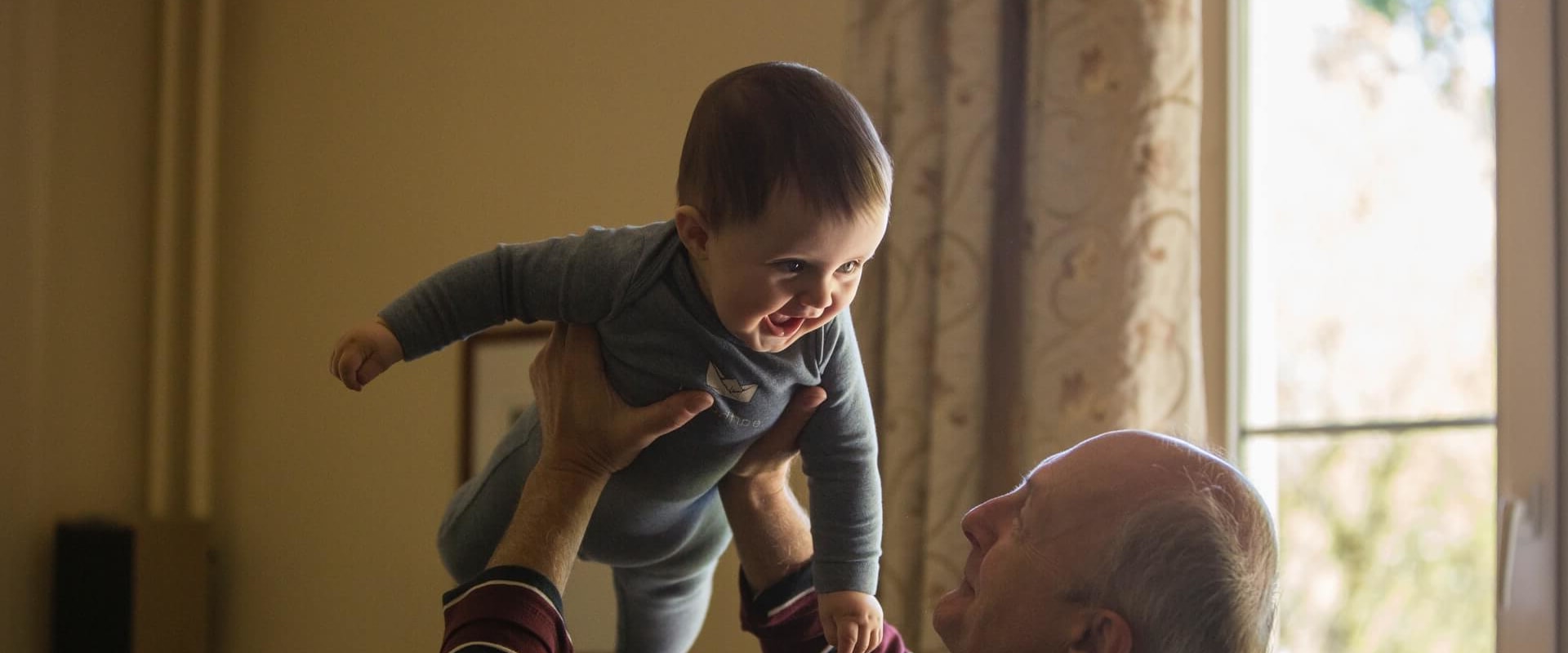The lowest capital release interest rate is currently 3.67% (AER) fixed for life. The highest interest rate on the market is 7.10% (AER). The costs of releasing capital include interest rates and initial charges. The exact rates and costs will vary depending on your circumstances, such as the length of your plan and the type of plan you choose.
There are no requirements to make any refunds to your capital release plan during your lifetime and this includes paying interest. Instead, interest collected accrues over time and should only be returned when the last owner dies or enters long-term care. Usually, this is done by selling housing. To take out a capital release plan, you must have financial advice, but costs can vary drastically, as some brokers charge a fee based on a percentage of the amount you borrow.
With all capital release plans, interest accrues on the amount you release and will accrue over time (meaning interest will be charged on interest). The lender must make sure that there is no one else with a charge on the property; he doesn't want to find out only after you've left that you weren't the sole owner or that there are other lenders with interests in the property. Your health status can also be taken into account, as a person with ongoing medical conditions may be viewed differently in terms of the percentage they can release. Interest is charged on the amount you release and can be paid monthly or accrued until the end of the loan term.
Property Value: The value and condition of your property will be important when determining how much you can release and what percentage, since the equity release lender ideally needs to lend against something that maintains or increases its value over time. Separately, lenders typically charge an opening fee for a capital release product, although they can be quite low. The application or agreement fees cover the legal expenses and administrative charges of the capital release provider. Early Repayment Fees (ERC) for Equity Release and Lifetime Mortgages are fees charged by the lender if you pay off your mortgage by the expected completion date.
Alternatively, if you opt for a lifetime mortgage plan with a gradual reduction, interest will only be charged on the amount released. The lender will assess whether you have an outstanding mortgage and any other secured loans, as they should ideally be settled for the equity release plan to go ahead and for the lender to take over the property first. A capital release advisor will ensure that you understand the charges associated with any product you recommend. The initial charges for capital release depend on the supplier you are going with and the product you select, but usually include advisory fees and application fees (including legal costs).
The benefit of a reduction loan is that interest is only charged on money that you have already released from your capital. Like any mortgage, equity release lenders may charge an application fee to cover the legal and constitution costs of a lifetime mortgage. However, if you are older and live between 70 and 80 years old, this could make you qualify to release higher percentages of 50% or 60% of the value of the property.





